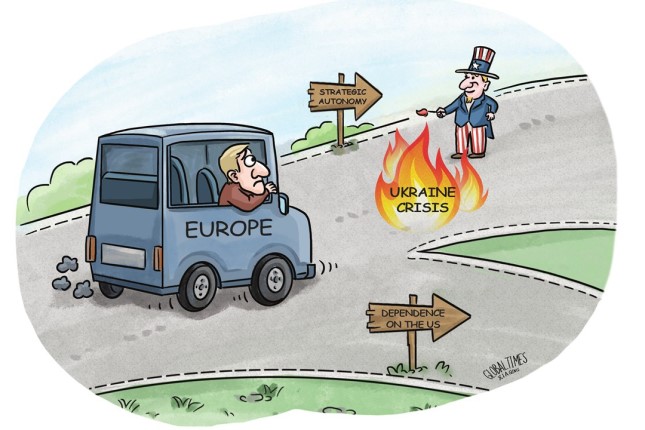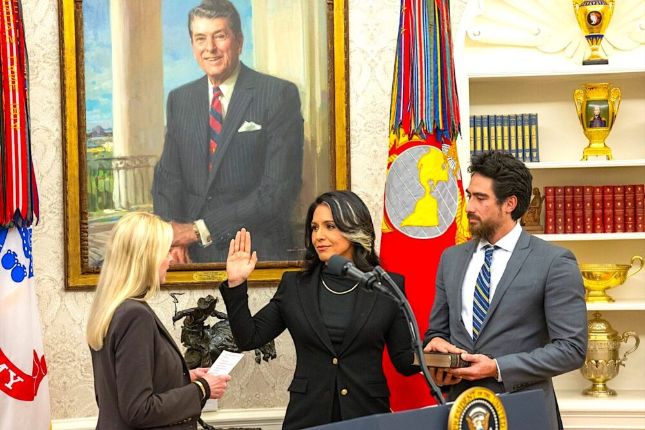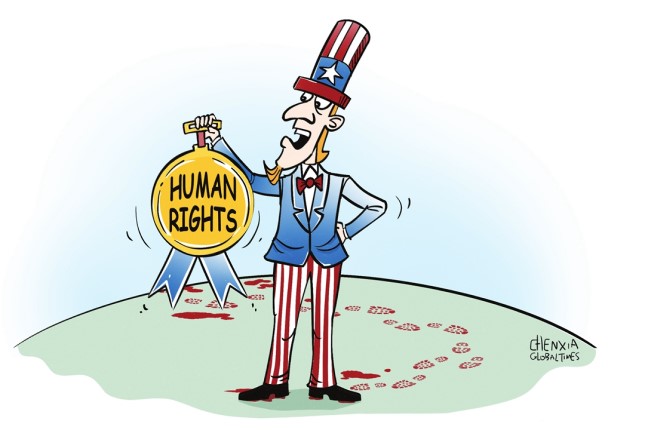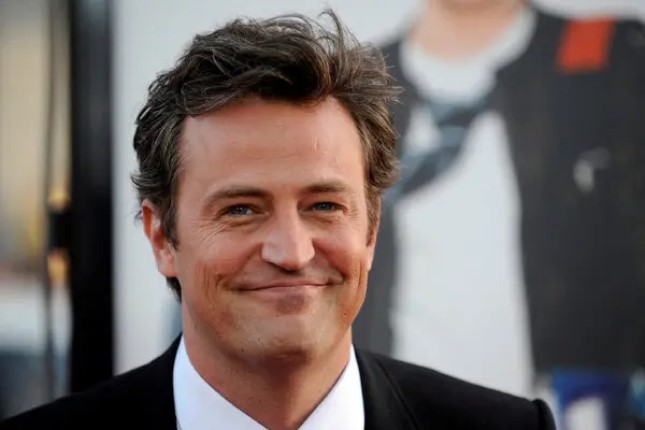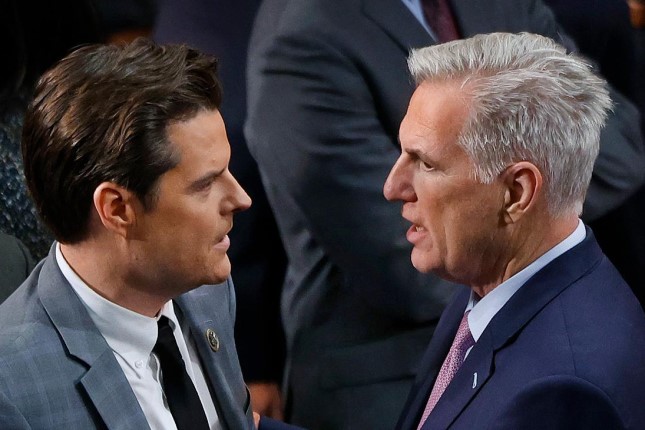For instance, the Pentagon has warned Congress that it is running low on money to replace weapons the US has sent to Ukraine and has already been forced to slow down resupplying some troops, according to The Associated Press on Tuesday.
This is against the backdrop that during the past weekend, the US Congress made a surprising breakthrough and passed a funding bill that will keep the federal government running until mid-November. However, this is a shuddering lesson for both Ukraine and Europe, because pressure from the Republicans led Congress can easily abandon any new aid program for Ukraine in order to avoid the government shutdown.
Currently, the partisan squabble in the US over Ukrainian aid has dominated US politics. The issue of military aid to Ukraine is likely to become one of the main topics in next year’s presidential election, making the dispute between the two parties over this matter increasingly intense.
On the surface, it seems that an increasing number of Republicans are opposed to aiding Ukraine further. But in fact, they want to find a compromise on future support for Kiev – they ask to audit US aid to Ukraine, and at the same time, demand that the US allies should do their best to support Ukraine, so that Washington can aid less but benefit more. It is clear that the US does not want to provide current levels of military aid to Kiev, because it is not in its national interest to do so. As a result, the support for Kiev will continue despite constant partisan bickering.
In contrast, the European Union (EU) is falling deeper into the bottomless abyss of aiding Ukraine. On the same day as US media reported the Pentagon’s poor-mouthing, top diplomats from nearly all EU members held a surprise summit in Kiev, reaffirming the bloc’s commitment to Ukraine.
In fact, the Russia-Ukraine military conflict is a trap dug by the US for Europe. Decreasing support from Washington will force the EU to provide an increasing level of aid. In the eyes of many US politicians, it is more in their country’s interests to let Europe bear more costs of the ongoing war. They believe that helping Ukraine is not in the US’ national interest. Yet, they claim that Europe should not reduce aid; otherwise, the continent will be deeply hurt.
On the other hand, Europe is finding itself at the bottom of a US-dug trap. However, it is unlikely that the EU’s aid to Ukraine will stay invariable. Over Ukrainian aid, it is a matter of partisan squabble in the US. But it’s much more difficult for the EU consisting of 27 members to coordinate fully and form a broad consensus on the same issue.
In addition, there is a growing list of European countries opposing the increase of aid to Ukraine. Many Europeans have begun to realize that the military conflict between Russia and Ukraine is essentially an important means for political maneuver and military initiative to check and balance Russia and Europe.
The question if the EU will follow the US’ steps to reduce or even end aid to Ukraine one day depends on the development of the situation in Europe. In other words, Ukraine will have to deal with less support from the EU if the continent faces sharper recession and rising inflation, along with the growing anti-war sentiment in the bloc.
Source: The Global Times.
